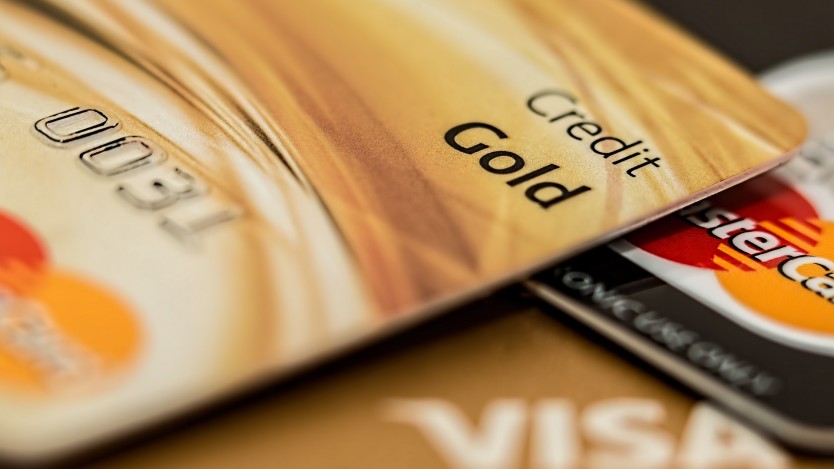04
August
2017
The Government recently announced new rules that will come into effect on 13th January 2018 which will mean businesses cannot surcharge customers for paying by card or other payment services.
This change is the result of an EU directive that relates to Visa and MasterCard surcharges. The directive, known as the Payment Services Directive (PSD2), will make it illegal for any business to charge extra for using a debit or credit card in the EU. However, the UK is going further by banning charges for American Express cards and users of services such as PayPal and Apple Pay. Since 2013, under thePlease LOGIN to read the full article.
Not a member? Please click here to join today.



